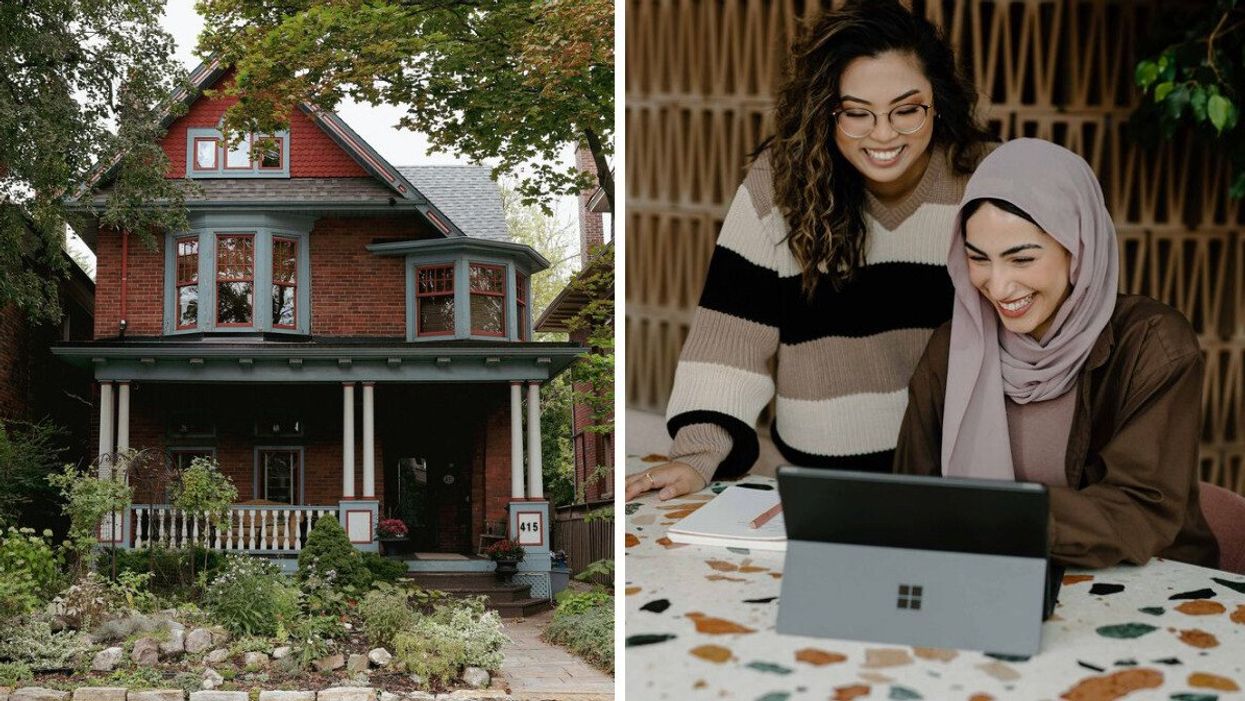Don't Buy Your First Canadian Home Without Asking The Seller These 8 Essential Questions
Make sure you know what you're getting into.
Looking to buy a new home? Whether you're a seasoned pro or a first-time homebuyer, there are a few key questions you should be asking before making your final decision.
When you're going through one of the biggest purchases of your life, the last thing you need is to miss out on a critical piece of information.
By working with a REALTOR®, you can rely on their expertise and breathe easy. Not only are they experts in your local real estate market, but they can also guide you through the entire buying process and ensure you're getting the answers you need.
Your REALTOR® knows to ask the seller these eight important questions about your potential new home before you sign on the dotted line.
Why are you selling?

It may seem like an obvious question, but asking the seller why they put their home on the market can give you insights into their motivation and whether they're willing to negotiate on price.
It can also help you understand if there are any issues with the property prompting them to sell.
How long has the house been on the market?

You can often find this information on REALTOR.ca, but if a seller has removed the listing from the MLS® System and re-listed later, you may not know some important background information.
Knowing how long your dream home has been on the market can give you an idea of how in-demand the property is and if you need to move quickly to make an offer. Alternatively, overpriced homes tend to sit on the market for longer than average.
Your REALTOR® can help you get the information you need and come up with a strategy to get you into your dream home.
What's included in the sale?

Knowing what's included in your purchase — and specifically what’s excluded — can help you determine what you'll need to purchase separately when it comes time to move in.
Fixtures (attached features like water heaters, faucets and ceiling fans) are usually included in a property sale, while chattels (movable items like lawnmowers, fridges or furniture) tend to not be. Depending on your situation, however, there may be some unexpected exclusions (or inclusions).
This is another place your REALTOR® may be able to negotiate on your behalf. For example, they can help make sure the seller agrees to empty the garage when they go or the chandelier you really like in the dining room stays.
How are the neighbours?
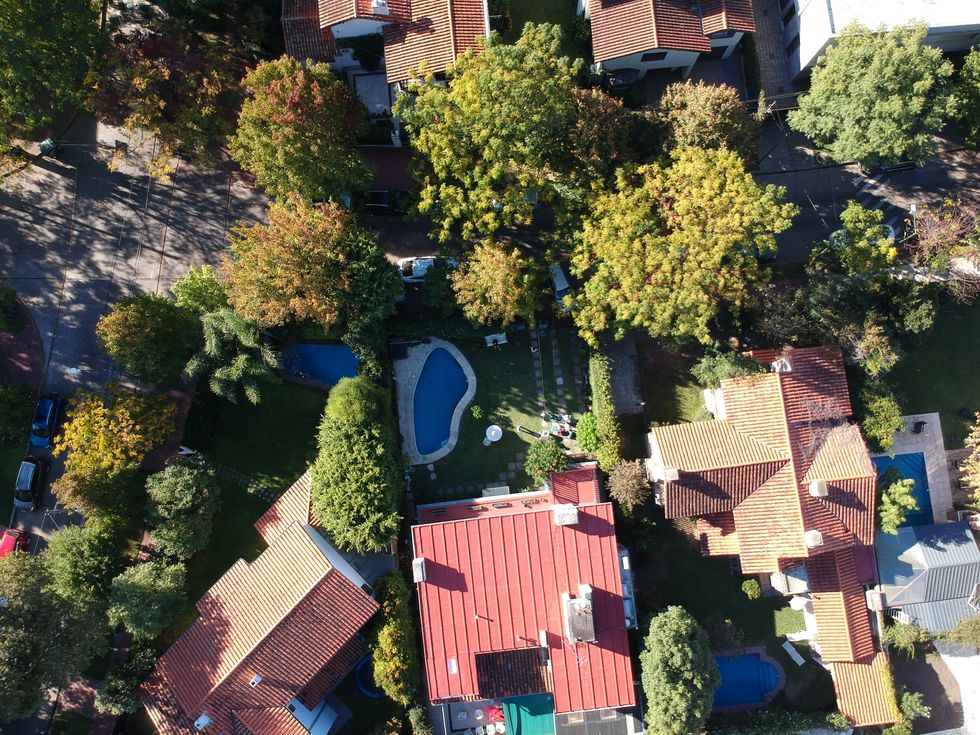
Fermin Rodriquez Penelas | Unsplash
Asking about your potential new neighbours can give you a better idea of what it's like to live in the neighbourhood.
Are your neighbours friendly? Do they have parties often? Are there any neighbourhood events to know about? Is there a formal or informal neighbourhood association?
Have there been any major repairs?
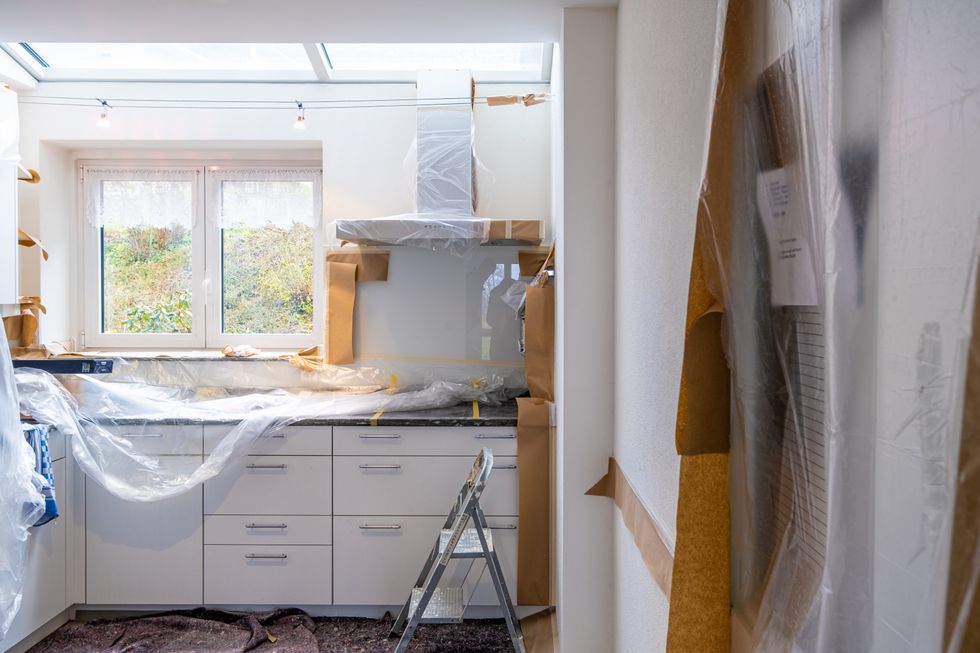
Knowing about major repairs done on the property can give you an idea of the condition of your potential new home. It can also help you understand if there are recurring issues with the property you may need to address later.
If there were major repairs, don't forget to ask who did them: Was it the seller or a licensed contractor? You'll want to make sure the repairs were done correctly the first time, or it may end up costing you.
Were there any structural changes made to the home?
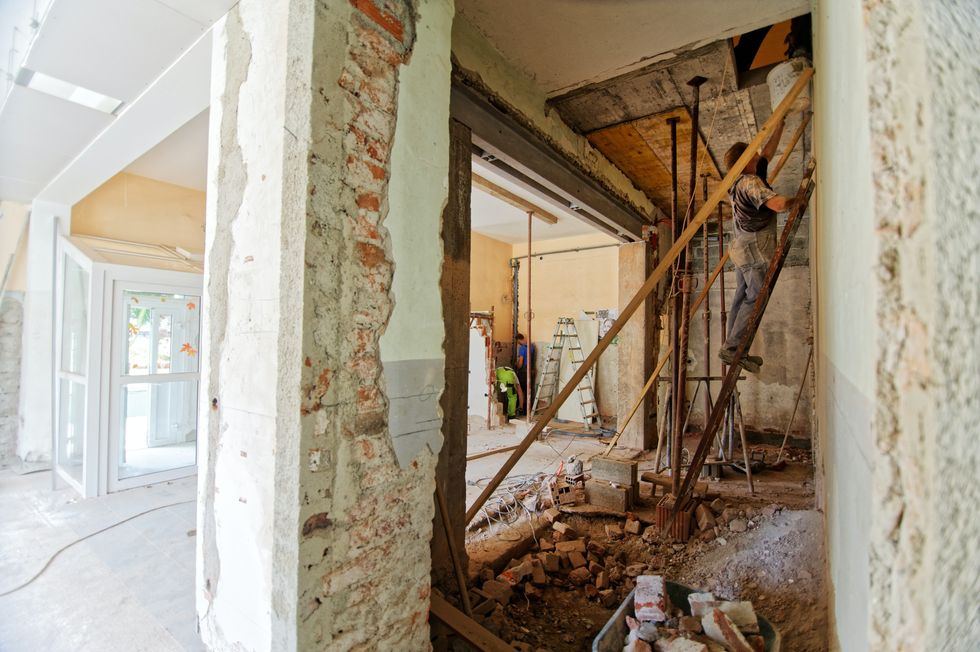
If the seller has made any structural changes to the home, such as adding a room or removing a wall, it's important to know about them.
These changes can affect the layout and functionality of the home and may also have an impact on its value. Knowing what changes have been made can also help you identify any potential issues with the property, like foundation problems or structural damage.
Your
REALTOR® can help identify some of the more common ones and recommend a professional assessment if there’s cause for concern.
How old are the key components of the house?
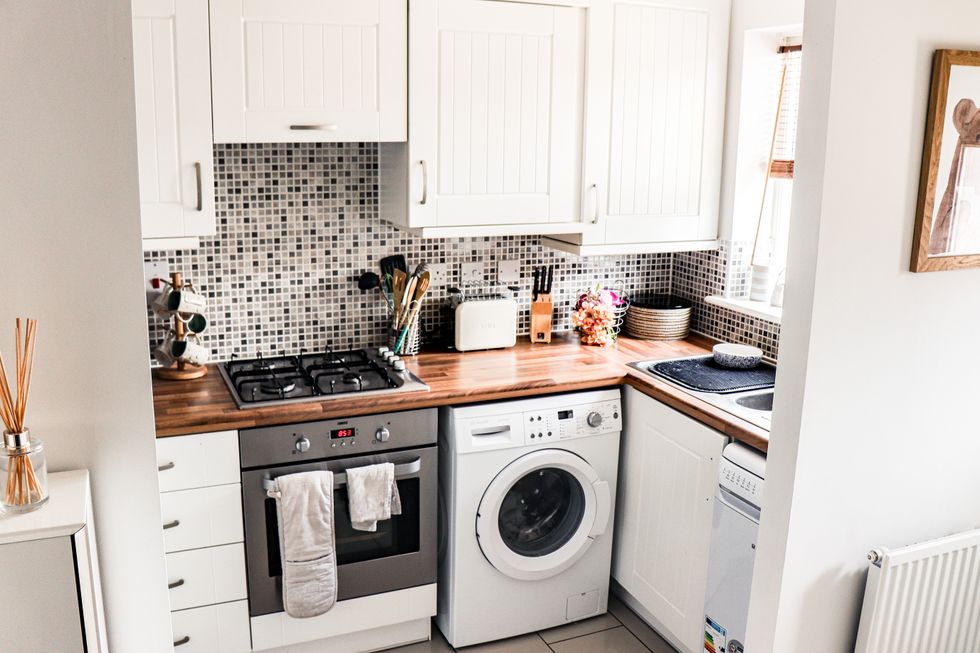
As time goes by, some important components of a home — like appliances, HVAC, plumbing and electrical systems — will eventually need to be repaired or replaced.
While it's normal for things to wear out over time, if these components are old and haven't been updated recently, you might end up facing expensive maintenance costs sooner than you'd like.
Were there ever any major issues?

While sellers must disclose latent defects (faults that aren't spotted easily), like electrical issues or water damage inside the walls, they're not required to tell you about patent defects (easily recognizable issues), like a crack in the wall or stains from a leaky roof.
It's always a good idea to ask the seller outright if there have been any major problems with the property before you make an offer. You may want to inquire about things like termites, natural hazards (like flooding), asbestos or lead-based paint in the home.
Your REALTOR® knows what to be on the lookout for, and they can also recommend inspectors who can come and give the place a thorough check.
There are plenty of things you'll want to know when it comes to your potential new home, and these eight questions are a good start. If you forget anything, don't worry — guiding you every step of the way is what REALTORS® are for.
Your REALTOR® is qualified to help you through the highs and lows of your home-buying journey as your ally, administrator, cheerleader, researcher, advocate, counsellor and more.
With a professional on your side, you can make sure you're asking the right questions and getting the support you need to make informed decisions and achieve your homeownership goals.
Find a REALTOR® or learn more by visiting REALTOR.ca. You can also follow REALTOR.ca on Facebook, Instagram, Twitter and Pinterest.
This content is for general informational purposes only and does not constitute financial, investment, legal, tax or accounting advice.
